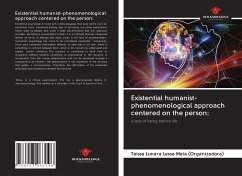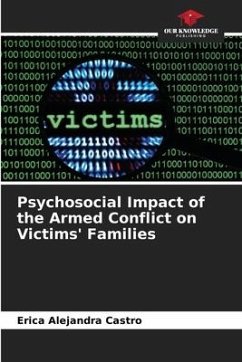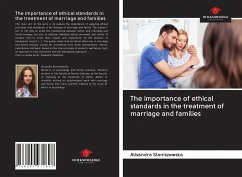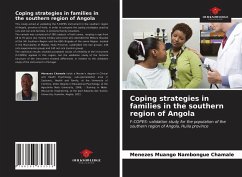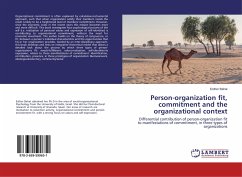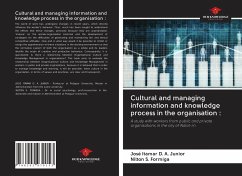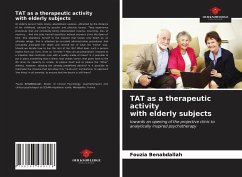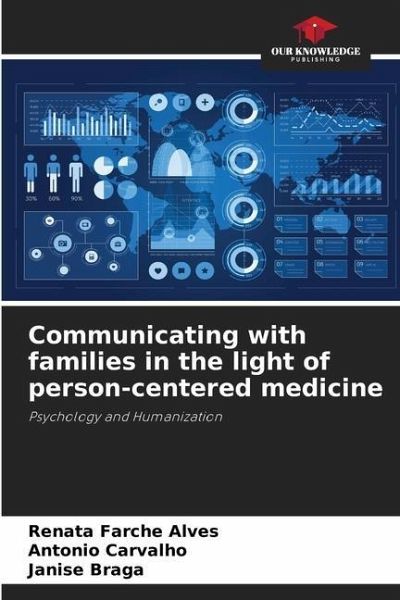
Communicating with families in the light of person-centered medicine
Psychology and Humanization
Versandkostenfrei!
Versandfertig in 6-10 Tagen
36,99 €
inkl. MwSt.

PAYBACK Punkte
18 °P sammeln!
This study addresses the humanization of medical communication in the light of Person-Centered Medicine. The family, as a collaborator or substitute for the patient, represents a substantial value in the care required. It describes the opinions of doctors in an adult ICU about communication with the families of hospitalized patients. The qualitative thematic content analysis shows the following categories: a vision of totality for expanded care "the family as a collaborator or substitute for the patient" and humanized communication "views on objective and subjective aspects for a person-centre...
This study addresses the humanization of medical communication in the light of Person-Centered Medicine. The family, as a collaborator or substitute for the patient, represents a substantial value in the care required. It describes the opinions of doctors in an adult ICU about communication with the families of hospitalized patients. The qualitative thematic content analysis shows the following categories: a vision of totality for expanded care "the family as a collaborator or substitute for the patient" and humanized communication "views on objective and subjective aspects for a person-centred clinical practice". Emphasis is placed on the communicative context and on medical training as a permanent development of skills. There is a focus on humanistic skills, communication as a technical tool, the communicative act as a strategic alliance for qualified care, doctors' emotions and the importance of self-knowledge in order to communicate, the challenge with family feelings, the practice of welcoming and guidance when informing and listening, empathy for the legitimization of the family member. She communicates with health and education professionals, families, researchers and laypeople alike.



